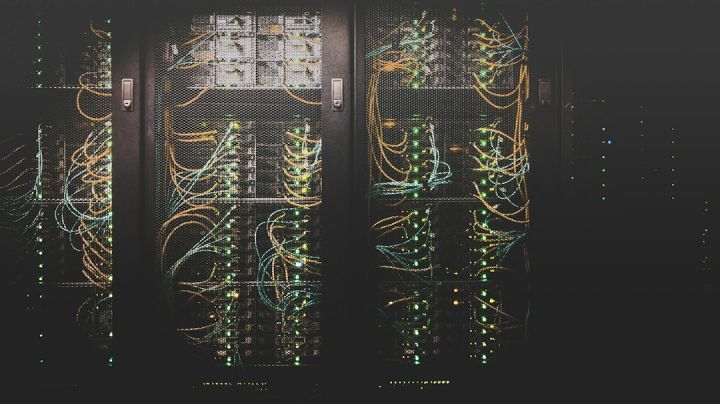What Are the Core Benefits of Edge Computing?
In today’s digital age, data is being generated at an unprecedented rate. With the proliferation of Internet of Things (IoT) devices and the increasing demand for real-time analytics, traditional cloud computing models are facing significant challenges. This is where edge computing comes into play. By bringing computation and data storage closer to the source of data generation, edge computing offers a range of benefits that are revolutionizing the way we process and analyze data. In this article, we will explore the core benefits of edge computing and discuss how it is transforming industries across the globe.
Faster Response Times
One of the primary advantages of edge computing is its ability to reduce latency and deliver faster response times. In traditional cloud computing models, data is sent to a centralized data center for processing and analysis. This round-trip can introduce significant delays, especially when dealing with applications that require real-time insights. Edge computing, on the other hand, allows data to be processed locally, near the source of generation. This eliminates the need to send data back and forth to a remote data center, resulting in near-instantaneous response times. This is particularly crucial for time-sensitive applications such as autonomous vehicles, industrial automation, and remote healthcare monitoring.
Enhanced Data Privacy and Security
With the increasing number of data breaches and privacy concerns, ensuring the security of sensitive data has become a top priority for organizations. Edge computing offers a solution by keeping data localized and reducing the exposure to potential security threats. Instead of transmitting data to a remote data center, edge devices process and analyze data locally, minimizing the risk of unauthorized access or interception. This localized approach allows organizations to maintain better control over their data and ensure compliance with data protection regulations.
Improved Reliability and Resilience
Another core benefit of edge computing is its ability to improve the reliability and resilience of applications. In a traditional cloud computing model, a single point of failure in the centralized data center can bring down an entire system. With edge computing, the distributed nature of the architecture ensures that even if one edge node fails, other nodes can continue to operate independently. This decentralized approach not only improves fault tolerance but also enhances the overall reliability and availability of applications. This is particularly beneficial in critical infrastructure sectors such as energy, transportation, and healthcare, where downtime can have severe consequences.
Bandwidth Optimization
The exponential growth of data has put a strain on network bandwidth and infrastructure. Transmitting large volumes of data to a centralized data center for processing can consume significant network resources and result in bottlenecks. Edge computing addresses this challenge by enabling data to be processed locally, reducing the need for data transmission over the network. By leveraging edge devices’ computational capabilities, organizations can optimize bandwidth usage, reduce network congestion, and lower data transfer costs. This is especially valuable in remote locations or areas with limited connectivity, where network resources may be scarce.
Conclusion: Transforming the Future of Computing
Edge computing is rapidly transforming the way we process, analyze, and leverage data. By bringing computation and data storage closer to the source of data generation, edge computing offers several core benefits, including faster response times, enhanced data privacy and security, improved reliability and resilience, and optimized bandwidth usage. As the demand for real-time analytics and IoT applications continues to grow, edge computing is poised to play a vital role in shaping the future of computing. Organizations that embrace edge computing can gain a competitive advantage by unlocking the full potential of their data and delivering innovative services and experiences to their customers.






